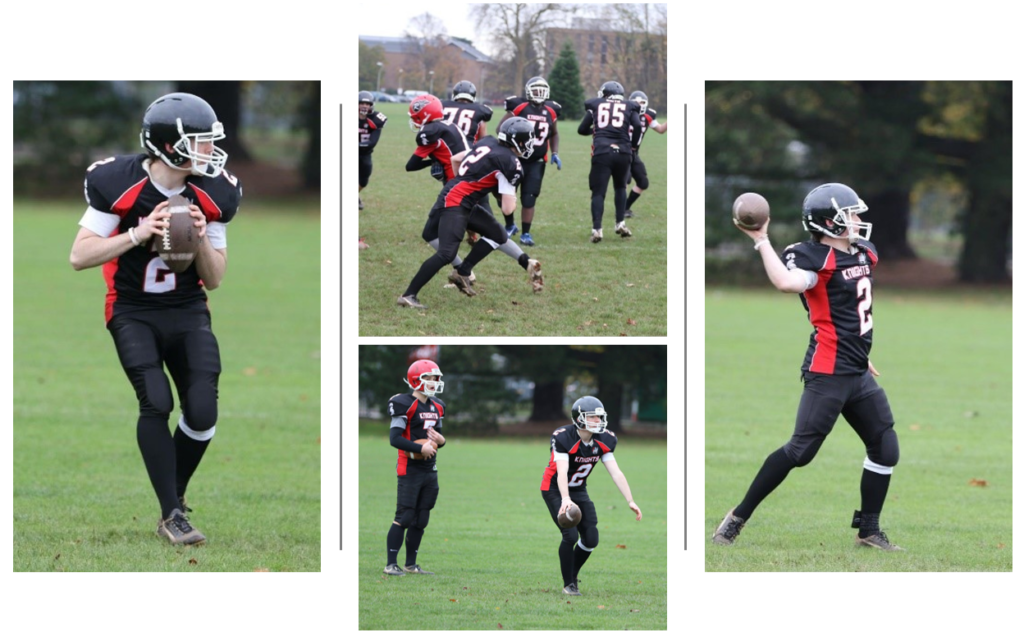Hey, my name is Chris Boughton and I am a 23 year old student living in Belfast, but originally from Kent, England. I’ve always had a love for Science and nature, ever since I was 4 years old and playing noughts and crosses with worms and snails, albeit now-a-days my enjoyment of science is a little more refined and sophisticated…I use centrifuge tubes and parafilm. Scientific research can be very intense, so I always try to make time for some of my personal activities to escape and relax a little. I started playing piano when I was 14, but my parents wouldn’t buy me piano lessons, so I taught myself. I’ve played ever since and can learn any song, that I have heard enough, by ear as I can’t read music. I’m also hugely into American Football. I played for my university team during my undergraduate degree as Quarterback and captain which was incredible.

Starting in October, I will be commencing my PhD in ‘Grassland parasites and community dynamics under climate change’ – a new chapter in my life that cannot arrive soon enough! This PhD looks to unite different fields of biology, drawing on the expertise and knowledge of each speciality to determine wider consequences of climate change. Specifically, I aim to determine the impacts up on ecosystems through layering individual responses to climate change. This will enable me to determine synchronisation between species, key interactions and hopefully aid the suggestion and application of management strategies that focus on parasite control. Not only do I aim to contribute to the scientific community in an area of increasing importance, but a wider goal is to collaborate ecology with parasitology and using the individual knowledge within each to create a more robust prediction of future parasite communities and interactions. For too long biological fields of study have been separated, each finding valuable information within their field and not considering the translation of this to other areas. My aim is to cross this boundary. Piloting the way to show how taking aspects of each field and uniting them is fundamental for the best science moving forwards.
As a final note, I also aim to communicate my science to the public in a clear and concise manner, helping to gain public interest in this area and make my science accessible to all. I am therefore going to be creating an Instagram and Twitter account for my PhD, where I will post regularly about techniques, findings, excursions and more. A major part of science is communication, and too often I believe scientists consider this to be exclusive to only other scientists. I want it to be to all. My accounts will have pictures, photos, drawings, computer simulations and more, coupled with scientific ideas, methods, schools of thought and challenges that I will have to overcome. It will be like you are with me on the journey. So I am excited to see where this can lead too!





















































